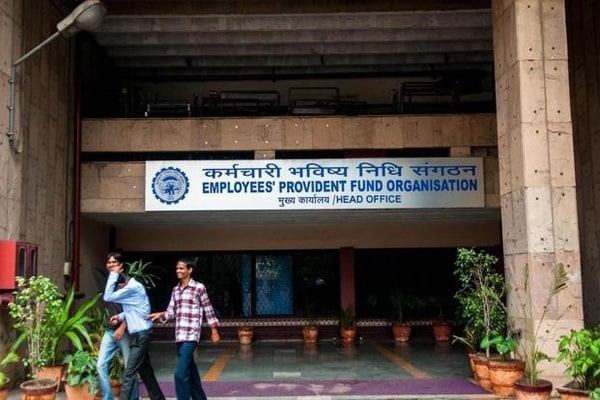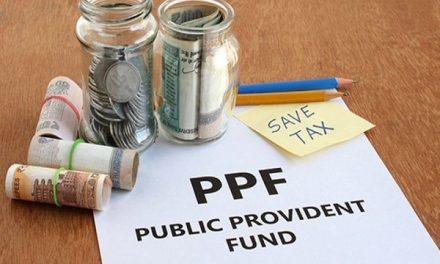The government has further extended the due date for filing income tax returns for the financial year 2019-20.
For taxpayers who need to get their accounts audited or furnish reports on specific domestic or international transactions, the deadline is now January 31, 2021. For the rest, it has been extended to December 31, 2020, from the earlier deadline of November 30.
Those who need to file their tax audit reports, including professionals with gross receipts more than ₹50 lakh and those running businesses with sales of up to ₹1 crore, can now file their returns by 31 January. The earlier deadline, after one extension, was 30 November in this case also.
The deadline for businesses to file annual Goods and Services Tax returns and reconciliation statements for the financial year 2018-19, has also been extended from October 31, 2020, to December 31, 2020. The government said it had received a number of pleas for the extension in view of the COVID-19 pandemic and lockdown, and the GST Council had also recommended that taxpayers be granted more time to comply.
Several chartered accountant bodies had been urging the government to extend the returns filing timelines this year in view of the disruptions caused by the COVID-19 pandemic that led to a national lockdown starting March 24. The government had earlier extended the deadline from July 31 to November 30.
The CBDT said in view of the “constraints being faced by taxpayers due to Covid-19”, the deadlines have been extended to “provide more time to taxpayers for furnishing of income tax returns”.
Nangia & Co LLP Partner Shailesh Kumar said the much-awaited extension of due dates for filing tax audit report, transfer pricing certificate and ITRs has been finally announced by the government.
Assessees who enter into international transactions or specified domestic transactions and need to file tax audit reports have been given time till the end of January to file their FY20 tax returns.
“The date for furnishing of various audit reports under the Income Tax Act, including tax audit report and report in respect of international or specified domestic transaction has been extended to 31 December,” it said.
The ministry also gave more time for small taxpayers to pay self- assessment tax. This facility is available only to those with a self-assessment tax liability of up to ₹1 lakh. Accordingly, those who are liable to get a tax audit done can pay self-assessment tax by the end of January, while others can pay by December-end. The ministry will notify the changes.
The government said it had received requests for more time to file GST annual returns and reconciliation statements for FY19. As such, the due date has now been extended from 31 October to 31 December.
Filing annual return (GSTR-9/GSTR-9A) for FY19 is optional for taxpayers who had sales of less than ₹2 crores. The filing of a reconciliation statement in form 9C is optional for those with sales of up to ₹5 crores.
“Finally the demands of the industry have been met and the government has given a suitable extension for annual compliance under GST laws, as well as income tax laws, because of disruptions caused by covid-19,” said Rajat Mohan, senior partner at chartered accountants firm AMRG & Associates.











